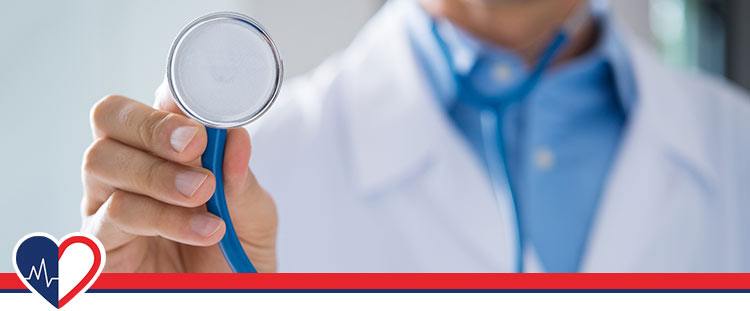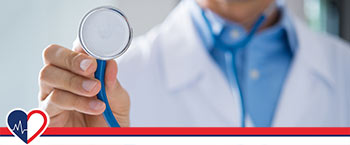Home » Niagara Falls NY Minor Emergency Clinic
You cannot copy content of this website, your IP is being recorded
Minor Emergency Clinic in Niagara Falls, NY
Niagara Falls Urgent Care treats minor injuries and illnesses that require rapid attention but do not necessitate an emergency department visit. Our professionals are ready to manage and treat minor urgent conditions. Visit our clinic for treatment you can trust. We are conveniently located at 3117 Military Road Suite 2, Niagara Falls, NY 14304. Walk-ins are welcome! For more information, please contact us or book an appointment online.
ADDITIONAL SERVICES YOU MAY NEED









